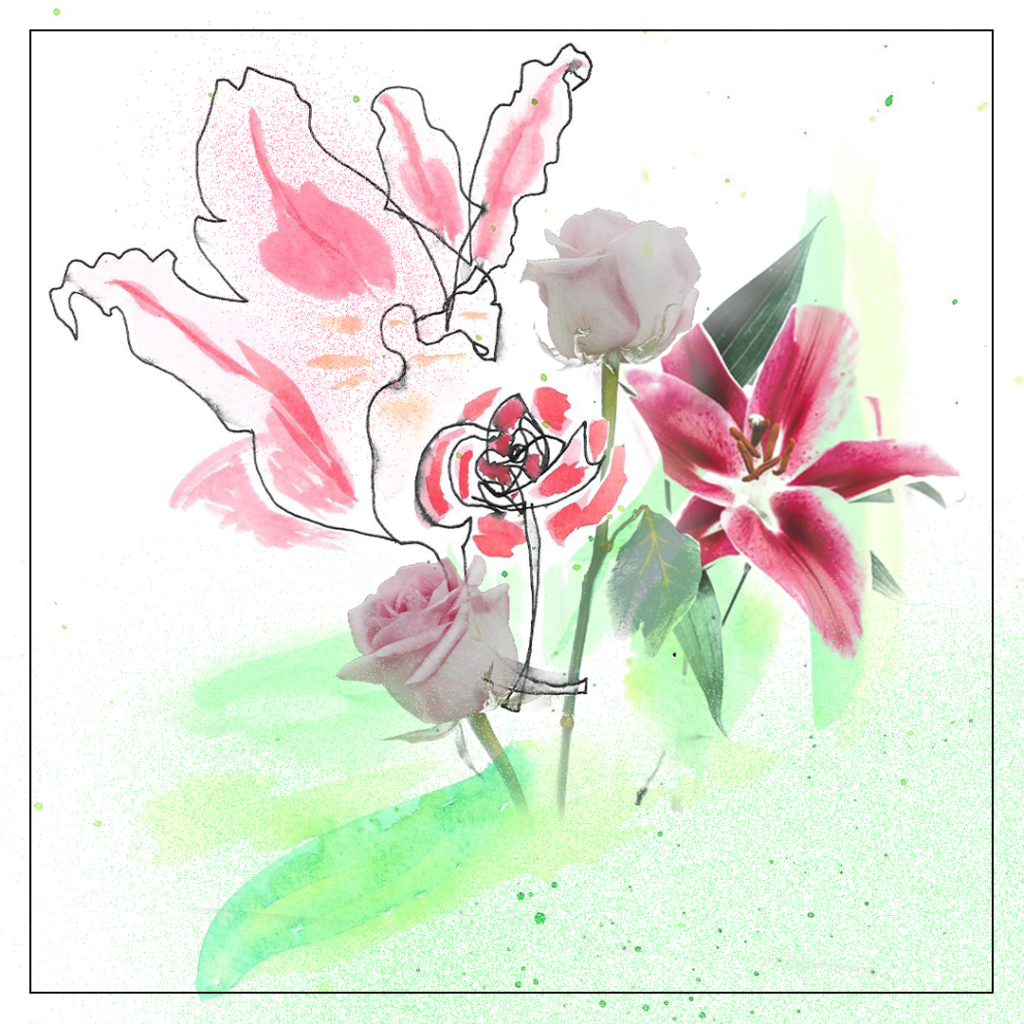If you are a serial procrastinator, you’re about to feel a little validated. If you never, ever procrastinate, don’t worry; you’ve got plenty of time to practice. But… maybe you could start tomorrow?
Did you know that God isn’t in a rush?
God’s work week consisted of 6 days of creating and 1 day fully dedicated to rest.
Jesus tarried for 2 days before going to raise Lazarus from the dead (see John 11:6).
God sent Jesus to the earth to die and then sent angels to warn His parents that King Herod was coming to kill Him and saved the Baby Jesus’ life (Matthew 2:13). Why not just get it over with?
Instead, Jesus spent 30 years on the Earth making furniture rather than “doing what He was supposed to.” He spent 30 years being human, in preparation for 3 years of ministry, culminating in 3 days of purpose. God’s timing is perfect, and He is not in a rush.
There was a study done in the 60s at Berkeley by a psychologist named Donald MacKinnon. In an effort to better understand creativity he asked two groups of architects (‘creative’ and ‘uncreative’) about everything they did in their daily lives. One of their key findings was that the more creative architects always deferred making decisions for as long as they were allowed. They preferred to give their subconscious as long as possible to mull over each problem that crossed their desk; setting apart time to ponder and ‘fish’ for ideas. I can put it more bluntly: they were more creative because they procrastinated on purpose.
Why am I coming to the defence of time wasting? Well, if you’re engaging with creativity, time wasting isn’t wasted time. Creativity isn’t something you can conjure on command. It’s a subconscious process. Having a good idea is a lot less like having a meal or going for a jog and a lot more like going fishing. It involves a lot of, intentionally, waiting; and the psalmists knew all about it…
There’s a word that pops up in the bible, especially in psalms, called ‘Selah’. It is a musical direction the psalmists would give to prompt the singers and musicians to pause. That’s what it means… pause.
The creative geniuses that wrote some of the most heartfelt and beautiful songs of worship in all of history thought that pausing, for no other reason than to reflect on what you’ve been singing, was so important that the word selah features 71 times in the book of Psalms alone.
I think it was so kind of the Father to hardwire our brains to create from rest, from a place of selah, just like He does. If God, who knows the end from the beginning, isn’t in a rush then why shouldn’t we tarry for a while… for inspiration.
If you don’t fancy reading a study written in the 60s to better understand your own creative nature (and I certainly don’t) I can happily recommend watching John Cleese talk about the conclusions he’s drawn from it, and from his years of experience hanging around creative people who goof off all the time. He suggests that when you’re trying to be creative, it’s generally a good idea to set a timer for around 40 minutes and write down every good idea that pops into your head (including, and especially, the bad ones). When you come up with a brilliant idea, write it down with all the others and then keep thinking until time is up. Why settle for your first great idea when the next one could be even more brilliant!
I’m going to challenge you to do this. This series is a ‘great, now go out and do it’ sort of series. Don’t kid yourself, you can spare 30-40 minutes for creativity. You were just going to waste it watching Netflix anyway so you might as well spend it being yourself instead.
When I do this I often write haikus (I love writing!) but if poetry isn’t your cup of tea how about this:
What’s a creative way I could make a friend or family member feel loved this week?
What’s a creative way I could share Jesus with someone this week?
What’s a creative way I could give someone a prophetic word this week?
What’s a creative way I could connect with God this week?
Also, you artists and musicians? Yeah, don’t think you’re getting off lightly here…
Set your timer and start jotting down lyrics. Write thoughts, feelings, sensations; any phrases or chord progressions that you think of. Write it down! Now go write a verse. Draw one thing. Stretch your creative muscles.
Yeah, you’re right. It was a bit naff. And you were soooooo uncomfortable!
You did a great job. Also, in the likely case that the thing you made wasn’t as great as you thought it would be: don’t worry! Everyone reading this right now is in the exact same boat, and we’ll be talking about “The Fun of Failing” next week.


Can I do this instead of Chemistry?